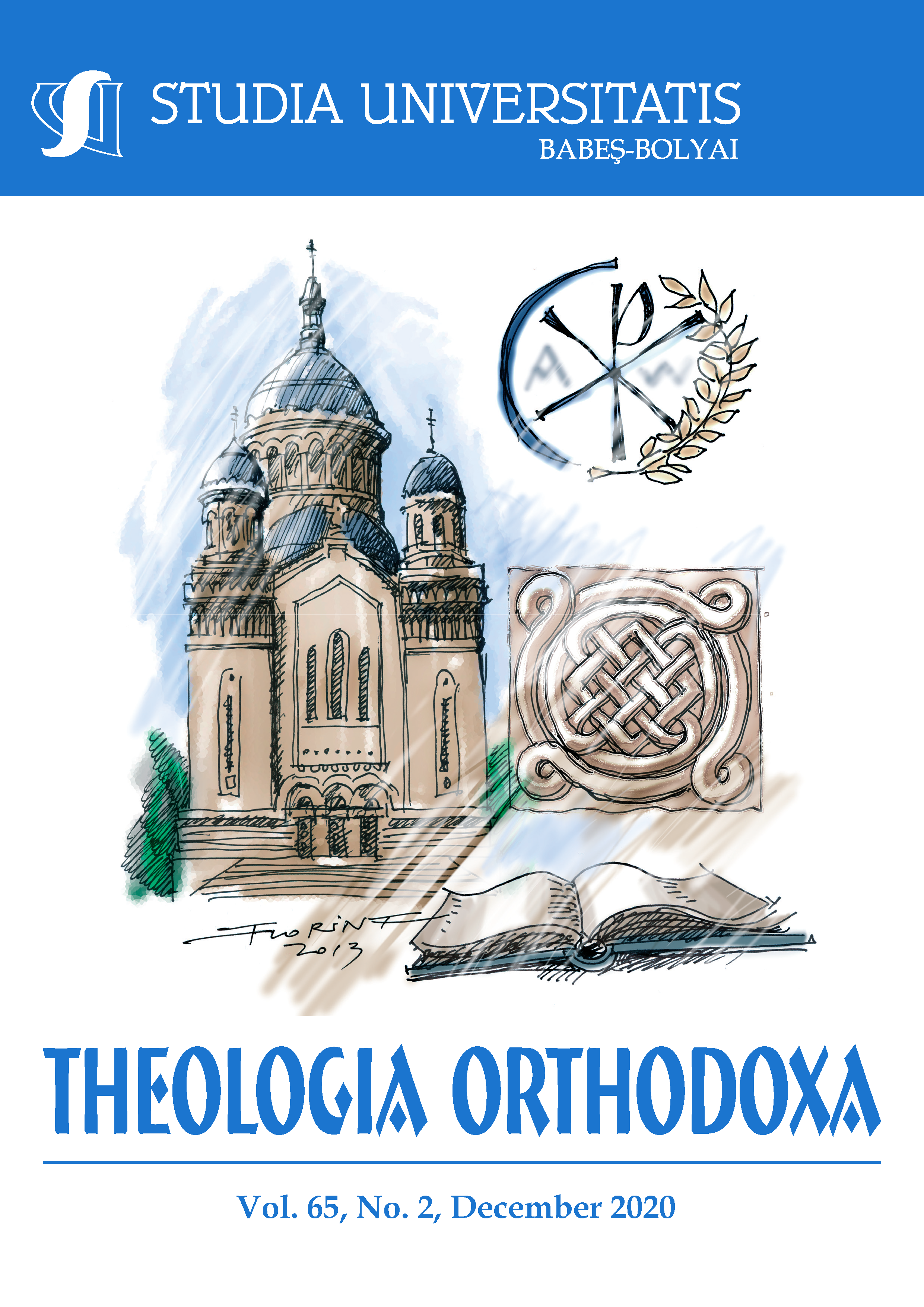CONSPIRACY THEORIES DURING CORONAVIRUS TIMES – THE SAPLINGS OF A NEW GNOSTICISM INSIDE THE CHURCH
DOI:
https://doi.org/10.24193/subbto.2020.2.03Keywords:
Gnosticism, Conspiracy TheoriesAbstract
Since the beginning of the coronavirus pandemic, we have been bombarded with a constant stream of conspiracy theories and fake news regarding the coronavirus, vaccines, 5G radiation, microchips. Some of these theories have circulated only inside fringe communities on the internet, but most have been transmitted very intensely amongst the faithful, and some have made it up to the highest levels of the Church hierarchy. The question we would like to address in this article is why do Christians succumb and are so likely to transmit to others such statements, whose falsity is blatantly obvious to anybody with a very basic high-school physics education. It is our opinion that this pro-conspiracy attitude is the syndrome of a very incomplete catechization and of a resurgence of gnostic heretical thinking, encouraged by the new social media communication tools. We will begin with a brief review of Gnosticism, of what made it so popular at the beginning of the Christian era, and of what brought about its demise. We will then show that the same mechanism that was at work in the Gnostic thinking responsible for the propagation and acceptance of conspiracy theories.
References
Cartwright F., Frederick, și Michael Biddiss. Disease and History. From Ancient Ties to Covid-19. 4th ed. London: Lume Books, 2020.
Goodman, Martin. Mission and Conversion: Proselytizing in the Religious History of the Roman Empire. Oxford; Oxford; New York: Clarendon Press ; Oxford University Press, 1995.
Mouravieff, Boris. Gnosis: Study and Commentaries on the Esoteric Tradition of Eastern Orthodoxy. Ediție de Robin Amis. Newburyport, Mass; Robertsbridge: Praxis Institute Press., 1993.
Puech, Henry Charles. En quête de la gnose. Paris: Gallimard, 1978.
Rotaru, Ioan-Gheorghe. „Gnosticismul. Apariţie, concepte, organizare, clasificări și influenţe”. Studia Universitatis Babeş-Bolyai, Theologia Orthodoxa, nr. 1 (2007): 229–52.
Runciman, Steven. The Medieval Manichee, A study of the Christian Dualist Heresy. London: Cambridge University Press, 1982.;
Stathakopoulos, Dionysios Ch. Famine and pestilence in the late Roman and early Byzantine empire: a systematic survey of subsistence crises and epidemics. Birmingham Byzantine and Ottoman monographs 9. Burlington, VT: Ashgate, 2004.
Vidican-Manci, Liviu. “Erezia cathară în literatura de specialitate din România. Studiu istorico-critic, (The catharism in the Romanian Historiogrophy)”, Studia Universitatis Babes-Bolyai Theologia Ortodoxa, nr.2 (2009): 41-50.
The wisdom of Egypt: Jewish, early Christian, and gnostic essays in honour of Gerard P. Luttikhuizen. Ancient Judaism & early Christianity, Arbeiten zur Geschichte des antiken Judentums und des Urchristentums 59. Leiden ; Boston: Brill, 2005.
Jegede, Ayodele Samuel. „What Led to the Nigerian Boycott of the Polio Vaccination Campaign?”, PLoS Med. 2007 Mar; 4(3): e73. doi: 10.1371/journal.pmed.
Downloads
Published
How to Cite
Issue
Section
License
Copyright (c) 2020 Studia Universitatis Babeș-Bolyai Theologia Orthodoxa

This work is licensed under a Creative Commons Attribution-NonCommercial-NoDerivatives 4.0 International License.





 ISSN (print): 1224-0869, ISSN (online): 2065-9474, ISSN-L: 2065-9474
ISSN (print): 1224-0869, ISSN (online): 2065-9474, ISSN-L: 2065-9474